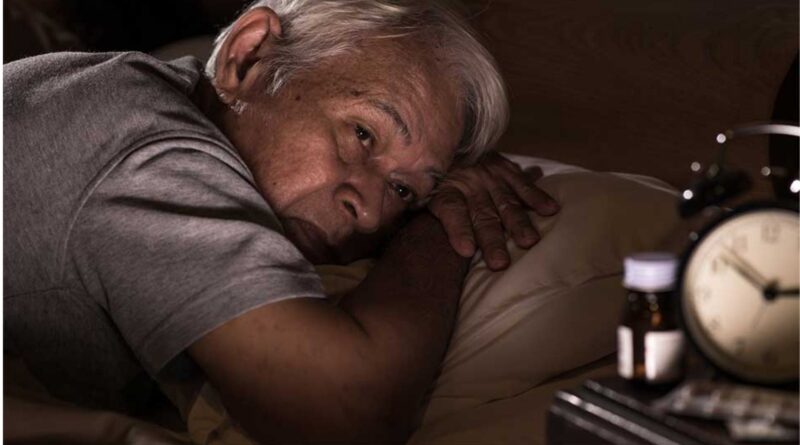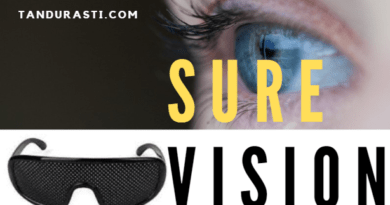Older people need as much sleep as the young
- Older people appear to need less sleep because they don’t become as exhausted
- But a new review has found they may have adjusted to a life without proper rest
- It’s believed they have the same drive for it, but their brain is less sensitive to it
- This has a mental price too, increasing the risk of dementia and other illnesses
40 plus people do not need less sleep than the young, but miss out on it because of damage to their brain.
A scientific review has concluded that we cannot get away with less sleep as we age, as many experts believe.
Older people appear to need less sleep because they are less exhausted after missing out on it, seeing less of a drop in their ability to carry out normal tasks than the young.
But a review by US scientists has found they may simply have just adjusted to a life without proper rest.
A scientific review has concluded that we cannot get away with less sleep as we age, as many experts believe
Instead, evidence shows, it is likely that older people have the same drive to sleep, but their brain is less sensitive to it.
But this has a mental and physical price too, increasing the risk of dementia and other illnesses.
Study author Professor Matthew Walker, of the University of California, Berkeley, said sleep loss was not due to a busy schedule or simply needing less sleep.
Instead as the brain ages, neurons and circuits in the areas that regulate sleep slowly degrade, resulting in a decreased amount of non-REM sleep.
But non-REM deep sleep is widely known to play a key role in maintaining memory and cognition.
Writing in the journal Neuron, Professor Walker said: ‘Sleep changes with ageing, but it doesn’t just change with ageing, it can also start to explain ageing itself.
‘There is a debate in the literature as to whether older adults need less sleep, or rather, older adults cannot generate the sleep that they nevertheless need.
‘The evidence seems to favour one side – older adults do not have a reduced sleep need, but instead, an impaired ability to generate sleep. The elderly therefore suffer from an unmet sleep need.’
The scientists said many older people don’t report sleep problems as their brains are accustomed to being sleep-deprived every day.
But they have lots of chemical markers of deprivation and tests showed their brain waves in sleeping are disrupted.
The changes in sleep quality start as early as the mid-thirties, well before people notice that they are shifting to a more ‘early-to-bed-early-to-rise’ schedule or are waking up in the middle of the night more often
Faster-than-average sleep deterioration may also be a key risk factor for diseases like Alzheimer‘s and dementia.
But Professor Walker said at the moment there are not many treatments available to tackle this decline in sleep quality apart from urging people to avoid caffeine and alcohol and keep a routine.
He said: ‘Sleep decline is one of the most dramatic physiological changes that occurs as we age, yet that demonstrable change is not part of the health conversation today.
‘We need to recognise the causal contribution of sleep disruption in the physical and mental deterioration that underlies ageing and dementia.
‘More attention needs to be paid to the diagnosis and treatment of sleep disturbance if we are going to extend health span, and not just lifespan.’
Tips to sleep better at any age
- Drink less fluids at night. Trips to the bathroom break up your sleep Pattern.
- Be Physically active. people say I do not play now because I am old. it vice versa. you got old because you are not playing. physical activity keeps you young and energetic Exercise at regular times each day, but not within 3 hours of your bedtime.
- Get some sun. Make an effort to get outside in the sunlight each day. It’ll let your body know when it’s time to be awake, and when it’s not.
How to ensure just the right amount of high quality sleep every night… Even if you’re short on time, can’t relax and are at your wits’ end.
“I’ll Sleep When I’m Dead”

That seems to be the mantra of the modern age.
We understand. Everyone is busy.
There’s just too much to do—and too little time to do it in.
Sleep seems to be the easiest thing to sacrifice.
But as you’ll see in a moment, that’s a critical mistake…
According to Forbes magazine, lack of sleep causes premature death.
It doesn’t get much more serious than death.
How does a lack of sleep make you die sooner?
A Lack of Sleep:
- Strains your immune system—putting you at higher risk of infectious diseases.
- Quadruples your risk of stroke—even if you’re a healthy middle-aged adult at a healthy weight.
- Sends your stress hormones sky-high—causing you to lose more sleep, gain weight and more…
It’s a vicious cycle; a scary and harmful one at that.
Lack of sleep ruins your health which impacts your sleep…which further ruins your health…
Scientists have discovered that there is a direct link between sleeping fewer than six hours per night and premature death.
In fact, sleep less than six hours per night, and you’re 12% more likely to die prematurely than those who get adequate sleep.
Insufficient sleep contributes to…
-
- Depression
- Self-esteem issues
- Skin ageing
- Weight gain
- Less sex (65% of people crave sleep more than sex)
- 36% more disagreements between partners
- Marital dissatisfaction and indifference
So what can you do about it? follow the six steps below to get natural sleep at any age.
Also read our article on how mobile phone disrupt our sleep







